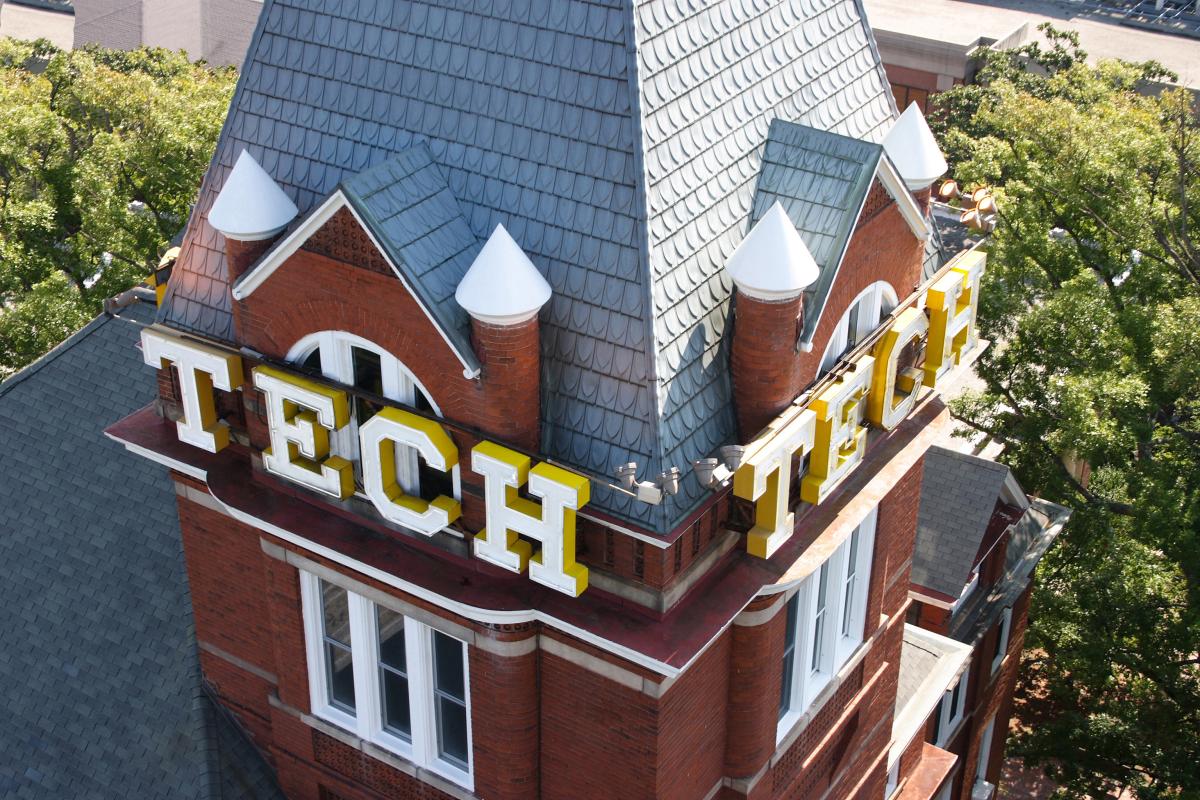
Georgia Tech’s Vertically Integrated Projects (VIP) Program has been awarded a $5 million grant from The Leona M. and Harry B. Helmsley Charitable Trust to drive systemic reform of STEM education.
The VIP Program unites large teams of undergraduates with graduate students and faculty to work together on long-term research projects. Under the leadership of Georgia Tech and the co-leadership of the University of Michigan, the Helmsley award will expand VIP to a consortium of other schools. That will give the program a foothold in a variety of institutions across the U.S., including those that primarily serve underrepresented, minority, or nontraditional students, as well as members of the prestigious Association of American Universities.
Tech will be able to expand its own VIP program, whose research teams currently include undergraduates from more than 20 majors. Each team focuses on one topic – such as human rhythmic ability, the Internet’s impact on democratic processes, and technology’s uses at sports stadiums – and encourages collaboration across disciplines.
Organizers plan to more than double the number of VIP teams and hire more staff members to help the program grow.
"The Helmsley Charitable Trust is thrilled to support the VIP Consortium’s transformative approach to active learning in engineering," said Ryan Kelsey, program officer at the Trust. "It is very compelling to see such a range of engineering schools across the country that are ready to adopt large-scale, effective practices that we expect will retain more students, particularly more women and students of color."
The Helmsley Charitable Trust’s education program aims to increase American competitiveness and innovation. At the post-secondary level, it focuses on increasing the number and diversity of college graduates in STEM fields by improving persistence to graduation.
VIP offers an ideal setting for rethinking STEM education, because it draws students of various ages, interests and experiences together for ongoing work. VIP projects can last a decade or more, and undergraduates may spend up to three years with their project teams.
"For many students, this is the first chance they’ve had to do something real while they’re undergraduates," said Edward Coyle, Arbutus Chair for the Integration of Research and Education at Tech. He is the VIP Program’s founder and director, as well as an Eminent Scholar at the Georgia Research Alliance.
Thanks to VIP, some students may feel more comfortable sticking with STEM fields and pursuing them after college. The program, organizers wrote in their Helmsley grant proposal, “can create the sense of belonging and pride of accomplishment that motivates students to persist through other elements of the STEM curriculum.”
After establishing VIP at Purdue University in 2001, Coyle came to Georgia Tech and launched its VIP program through the School of Electrical and Computer Engineering. By the fall of 2014, more than 300 Tech students – the majority from the College of Engineering – were participating in VIP teams each semester.
The VIP consortium consists of 15 public and private institutions, including two universities abroad: National Ilan University in Taiwan and the University of Strathclyde in Scotland. The 13 participating U.S. universities are:
- Georgia Tech
- University of Michigan
- Purdue University
- Texas A&M
- Rice University
- University of Washington
- Howard University
- Morehouse College
- Florida International University
- Boise State University
- Colorado State University
- University of Hawaii-Manoa
- Virginia Commonwealth University
"Given the number of former VIP students that have let me know that VIP has been a deciding factor in finding a career job position," said Randal Abler, VIP’s associate director, "I'm excited to see what can be accomplished by extending the program beyond Georgia Tech."